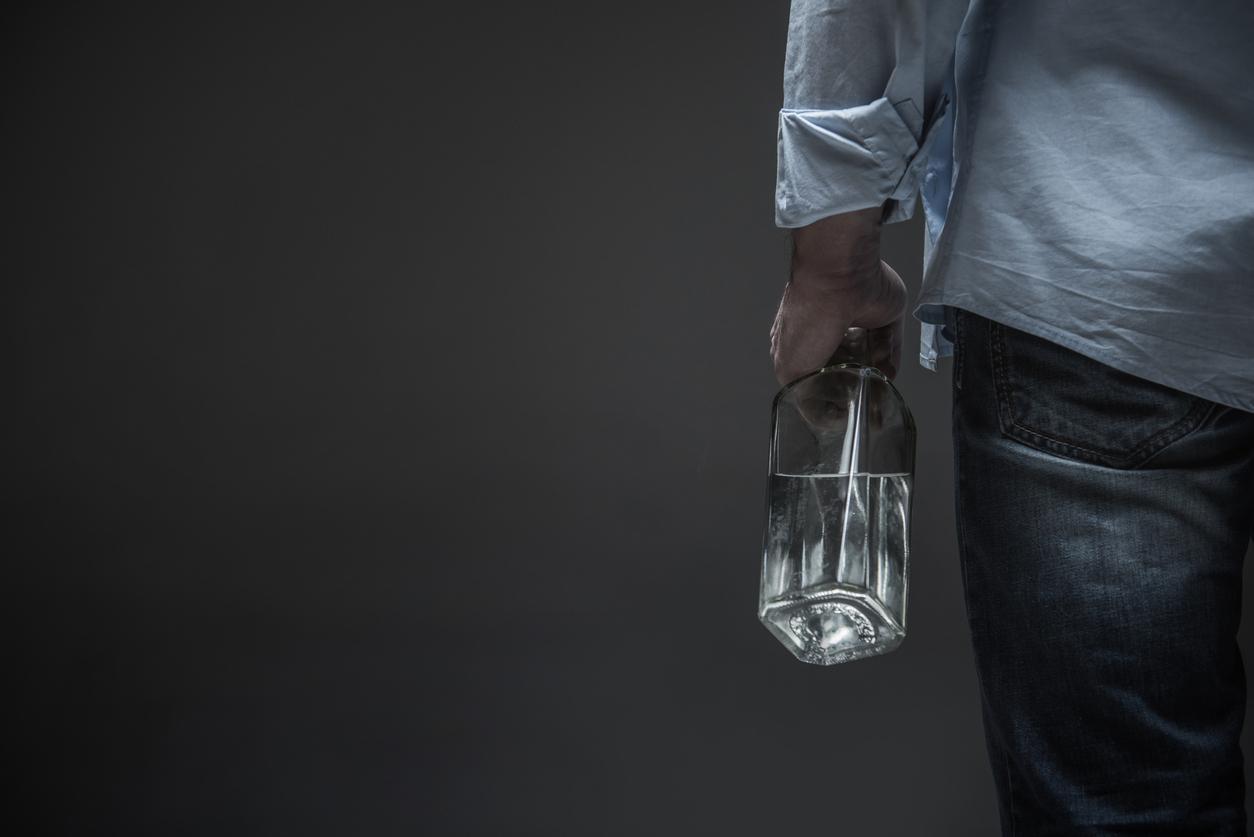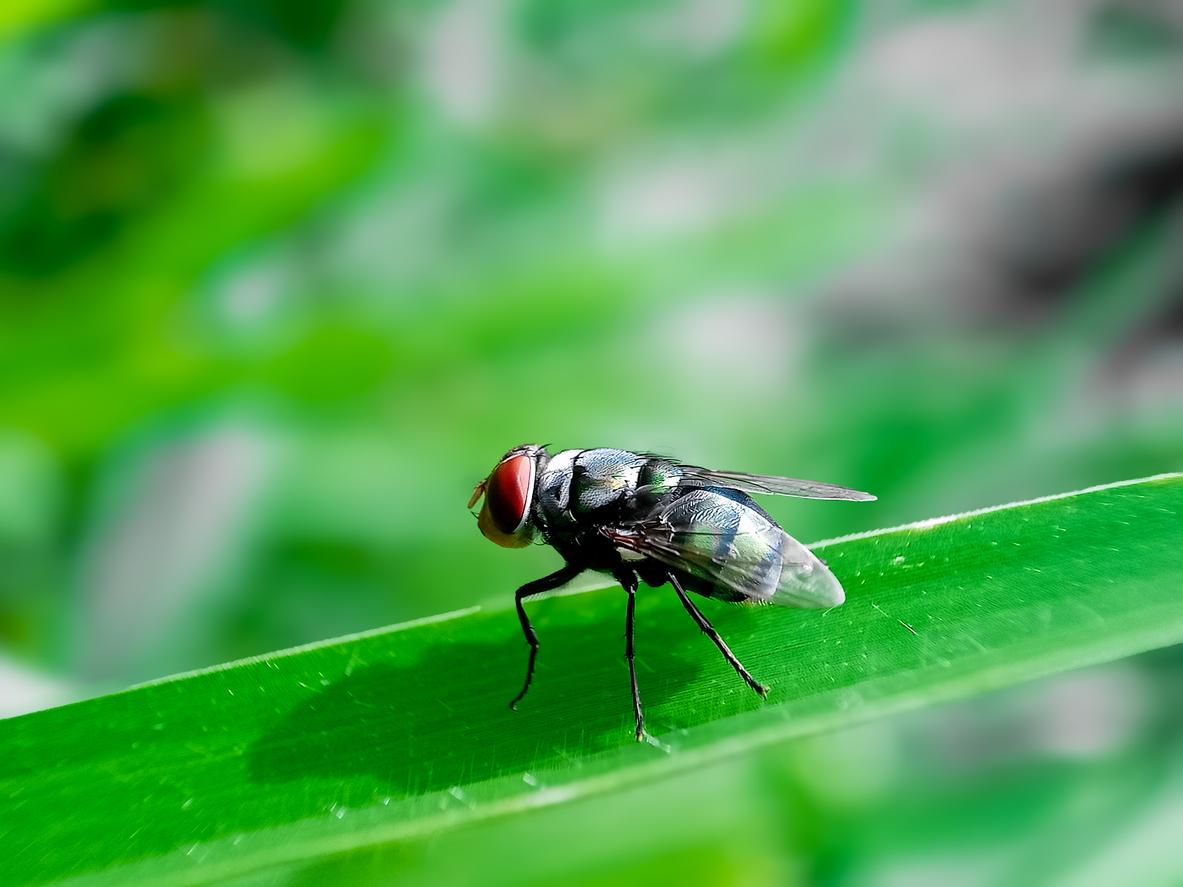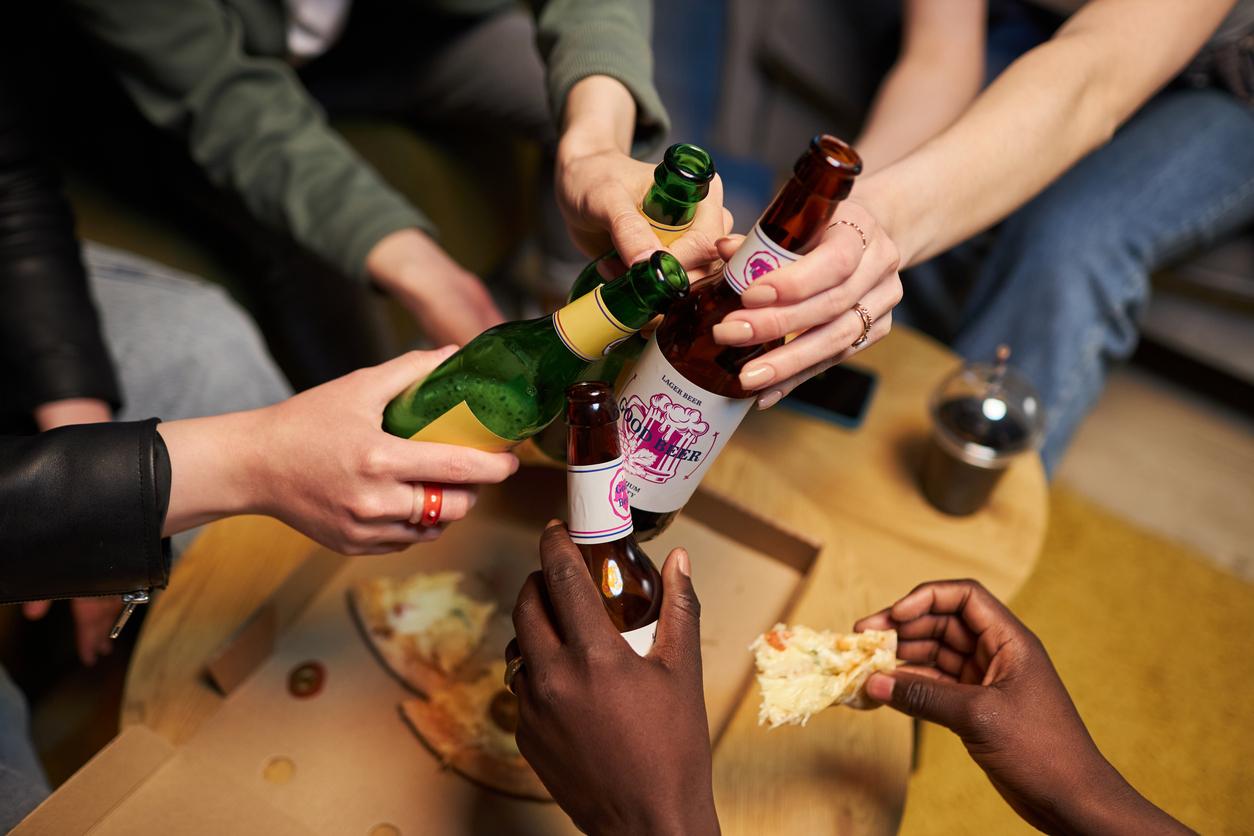Upon returning from a military operation, soldiers face a high risk of addictive behavior with alcohol. In particular those who are reservists, for lack of medical monitoring.

- In the United States, reservists generally serve one weekend a month and two weeks a year.
- In the recent wars in Iraq and Afghanistan, reservists made up about 30-40% of US forces.
- In France, more than a million people are alcohol-dependent.
For nearly two weeks, the Russian and Ukrainian armies have been clashing in eastern Europe. For soldiers in action, these battles will leave their mark. Several studies, notably American, have highlighted the post-traumatic stress suffered by soldiers after a mission. According to new research, published in Journal of Studies on Alcohol and Drugsthey are also exposed to a high risk of addiction.
US soldiers returning from Iraq
According to its authors, researchers from the Center for Veterans Studies, University of Utah, alcohol consumption is common among serving military personnel. It allows them to deal with negative emotions during a military deployment. But when they return, these behaviors persist. “Mission-related events, such as having participated in direct combat and having suffered trauma, can cause great personal discomfort, “moral injury”, requiring some form of self-healing, excessive consumption of alcohol for example”, explains the author of this research, James Griffith. To better understand this issue, he relied on survey responses provided by Army Reserve National Guard soldiers who had returned from Operation Iraqi Freedom, which took place between 2003 and 2011. In total, the American scientist analyzed data from more than 4,500 reservists. The anonymous survey includes 80 questions about alcohol and drug use, as well as other aspects of soldiers’ lives such as criminal behavior, interpersonal relationships, social support and symptoms of psychological distress.
Exposure to combat, a determining factor
As a point of comparison, James Griffith used the responses of unmobilized reservists in the field. Overall, recently returned National Guard soldiers had higher rates of binge drinking than undeployed reservists: 29.9% versus 24.1% for binge drinking and 33.9 % against 31.8% for binge-drinking. According to the American researcher, the most influential factor was combat exposure during deployment, which was associated with greater alcohol consumption. Also, the risk is not the same depending on the type of soldier: reservists are more vulnerable than full-time soldiers. “Upon their return, reservists resume their part-time military service, as well as their civilian life and employment, says the researcher. Unlike active-duty military personnel, reservists do not typically live near military installations to access medical monitoring. And many are not eligible for military health care.“In short, they are more isolated, and more at risk of having problematic alcohol consumption. back from the front.

.















